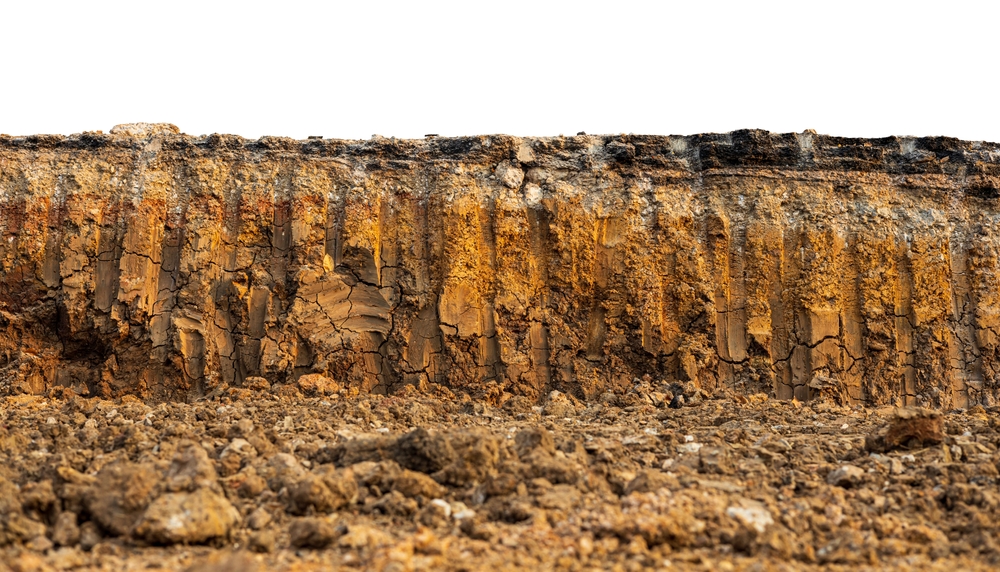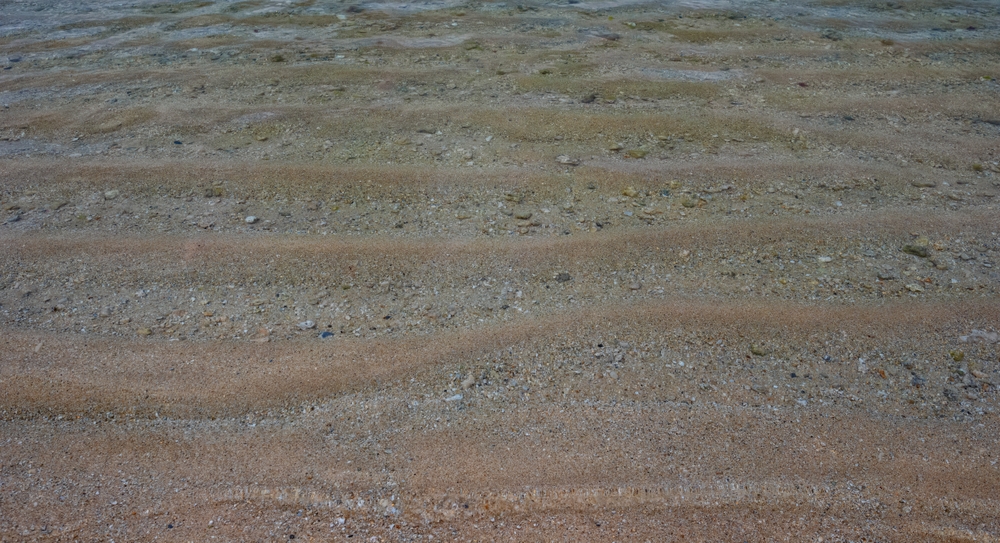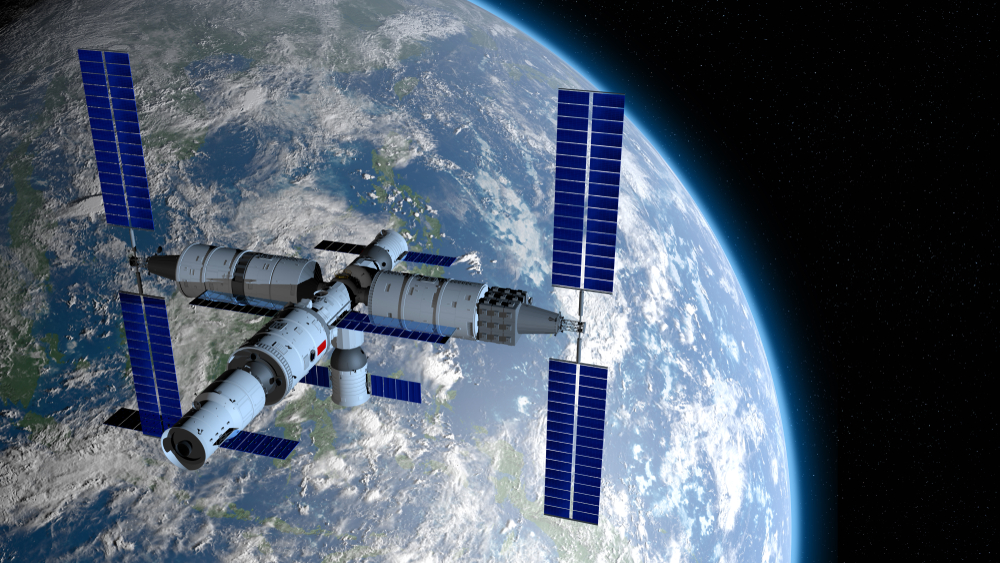Assessing the FAIRness of FAIR-EASE Input and Outputs
Ensuring that Earth and Environmental Science data and tools are FAIR (Findable, Accessible, Interoperable and Reusable) is critical to support collaborative, transparent, and reproducible research. However, many datasets and software in the domain remain difficult to assess and reuse due to limitations in the machine-FAIRness of the metadata and fragmentation of the standards and schemas used.
To address this, FAIR-EASE conducted FAIRness evaluations across a wide range of interdisciplinary use cases, including marine ecosystems, volcanology, coastal dynamics, and atmospheric observations. These evaluations uncovered common issues such as incomplete or unclear metadata, missing provenance and licensing information, and limited use of machine-readable standards.
The project responded by developing practical improvements. Using automated tools like F-UJI and the FAIR-EASE Data Assessment Bridge (DAB), as well as checklists for software evaluation, more than 20 datasets and tools were assessed. The team created clear guidelines based on the DCAT standard to improve metadata structure, promote the use of controlled vocabularies with URI-based annotations, and ensure licensing and access conditions are machine-readable. To support these efforts, FAIR-EASE introduced a dedicated metadata profile (DCAT-FE) and integrated it into the IDDAS platform, allowing for more consistent and harmonised metadata across the project.
Collaboration with FAIR-IMPACT helped refine assessment tools and align metrics with broader community standards.
In parallel, the project educated its pilot teams on what FAIRness means in practice, how to interpret assessment results, and how to create high-quality metadata for both datasets and software.














